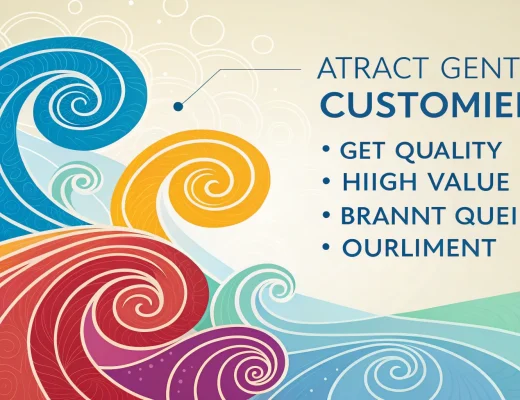The Unexpected Gift of Observation
What I initially viewed as a limitation turned out to be a tremendous opportunity. By removing the pressure to perform or impress, I could focus entirely on learning. This period of enforced silence taught me several crucial lessons:- The importance of understanding group dynamics before attempting to change them
- How to recognize patterns in successful communication
- The value of timing and context when sharing ideas
- How to distinguish between helpful contributions and unnecessary interruptions
View this post on Instagram
Learning Before Leading
Too often in business, we rush to demonstrate our expertise. We feel compelled to speak up in every meeting, share our opinion on every topic, and prove our worth through constant visibility. This mindset is backward. True value comes from understanding before acting. After those fourteen weeks, when I finally did start to contribute, my ideas were:- More aligned with the team’s objectives
- Delivered in a language they understood
- Timed appropriately within discussions
- Built upon a foundation of shared knowledge
The Competitive Advantage of Patience
In today’s fast-paced business world, patience is increasingly rare—and therefore increasingly valuable. The ability to observe, learn, and absorb before acting gives you insights that impulsive contributors miss. I’ve found that this approach builds stronger relationships too. People appreciate when you take the time to understand their perspective before offering your own. It demonstrates respect and creates a foundation of trust that’s essential for effective collaboration.Not speaking for fourteen weeks was the greatest lesson and gift I was ever given because I really after a while, it started to make sense to me.This lesson extends beyond professional settings. In personal relationships, community involvement, and even social media engagement, taking time to listen and understand before speaking leads to more meaningful connections and contributions. The next time you find yourself in a new environment—whether it’s a job, industry, or social circle—consider embracing silence as a strategy. You might discover, as I did, that your most valuable contribution begins with not contributing at all.
Frequently Asked Questions
Q: Isn’t staying silent for so long risky for your career advancement?
While it might seem counterintuitive, strategic silence can actually accelerate your growth. By understanding the environment thoroughly before contributing, your eventual input will be more valuable and respected. This approach builds a stronger foundation for long-term success rather than making a quick but potentially misaligned impression.
Q: How do you know when it’s the right time to start speaking up?
The fourteen-week timeframe worked in my specific situation, but the right moment varies by context. You’ll know it’s time when you can anticipate the flow of conversation, understand the unwritten rules, and feel confident that your contributions align with the group’s objectives and communication style. Trust your instincts—you’ll feel a natural shift from confusion to comprehension.
Q: Can this approach work in fast-paced startup environments where quick decisions are valued?
Absolutely. Even in rapid-growth environments, taking time to observe before acting leads to better-informed decisions. The observation period might be compressed—perhaps days or weeks instead of months—but the principle remains valid. Quick decisions based on thorough understanding are far more effective than immediate reactions based on limited context.
Q: How do you balance listening with the need to demonstrate your value to new colleagues or clients?
This is about quality over quantity. During your listening phase, focus on asking thoughtful questions that demonstrate your engagement and critical thinking. When you do contribute, make it count with well-informed insights. Remember that your long-term value will be judged by the impact of your contributions, not their frequency.
Q: Did this experience change how you mentor others in your companies?
Definitely. When bringing new team members into Hawke Media, I often recommend a similar approach—scaled appropriately for their role and experience. I encourage them to spend their first few weeks primarily observing and learning before attempting to implement changes. This has consistently led to more successful onboarding and better long-term performance from team members who understand our culture and operations thoroughly.







